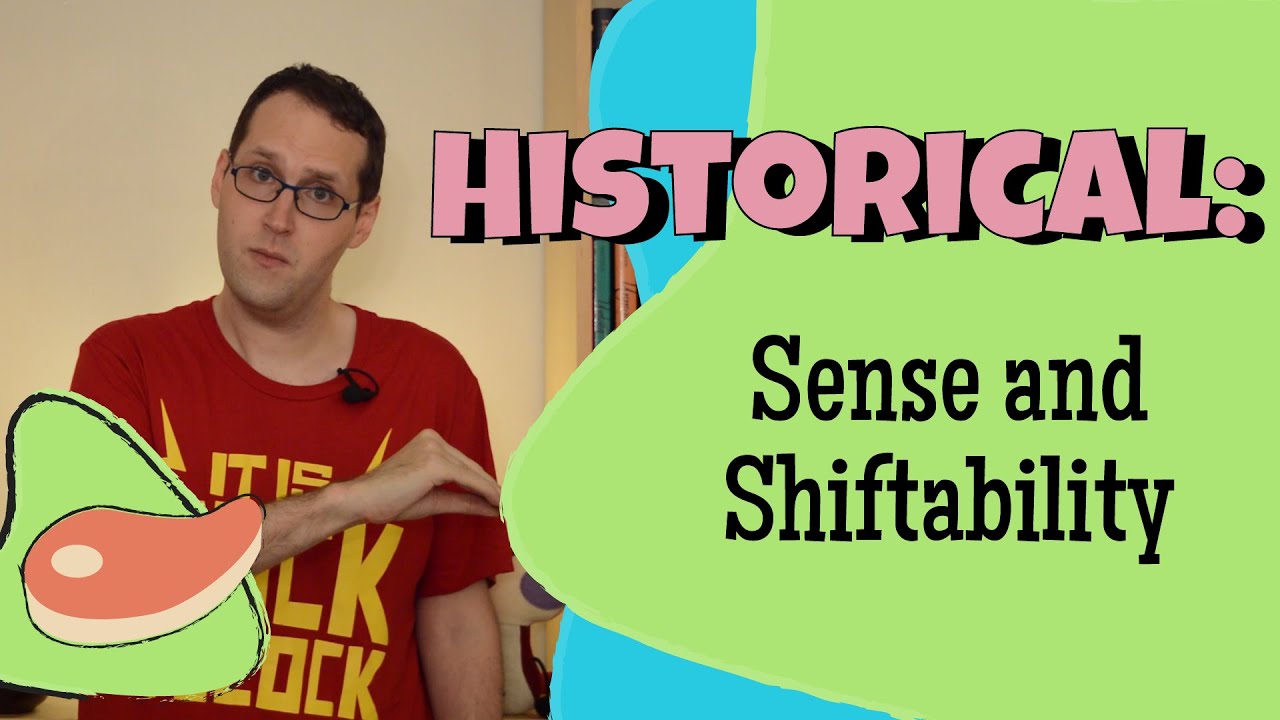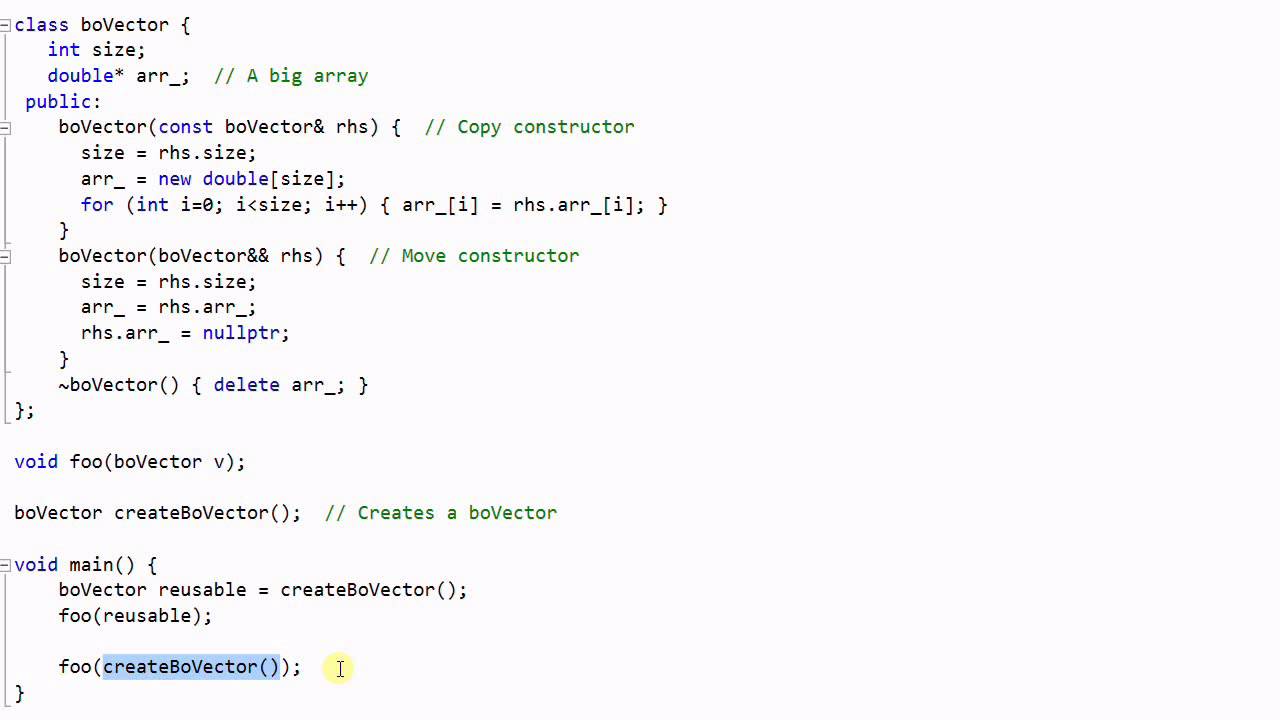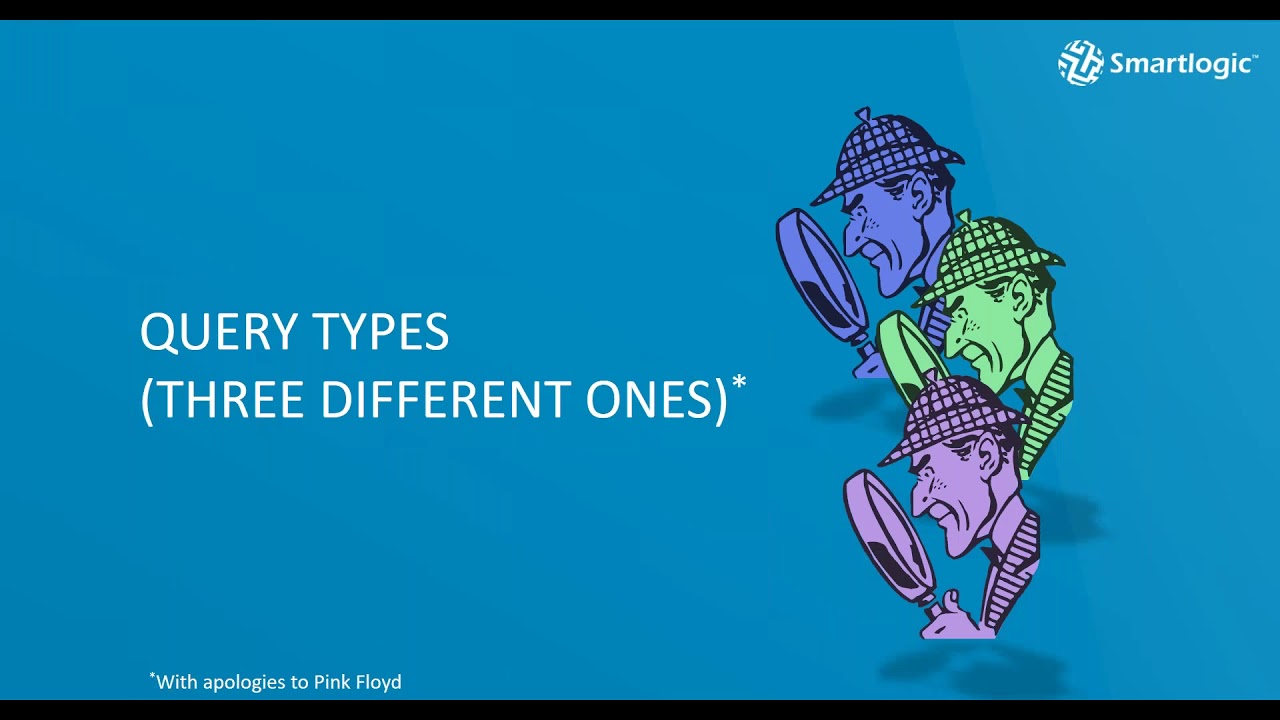The Ling Space
How do the meanings of words change over time? This week, we look at semantic shift: how the senses of words drift over time, and how we can describe the different patterns we find across languages.
This is Topic #26!
This week’s tag language: Swahili!
Find us on all the social media worlds:
Tumblr: http://thelingspace.tumblr.com/
Twitter: https://twitter.com/TheLingSpace/
Facebook: https://www.facebook.com/thelingspace/
And at our website, https://www.thelingspace.com/ !
Our website also has extra content about this week’s topic at www.thelingspace.com/episode-26/
We also have forums to discuss this episode, and linguistics more generally.
Also, if you liked this video, you’ll probably enjoy the Alliterative etymology video series at https://www.youtube.com/user/Alliterative !
Etymology sources:
English meat: https://www.uni-due.de/SHE/HE_Change_Semantic.htm
English girl: http://www.oxforddictionaries.com/definition/english/girl
English deer: http://www.etymonline.com/index.php?term=deer
English holiday: http://www.oxforddictionaries.com/definition/english/holiday
Japanese sake: Personal communication
English grasp: Lyle Campbell, Historical Linguistics: An Introduction. MIT Press, 2004
English nice: https://www.uni-due.de/SHE/HE_Change_Semantic.htm
German pumpernickel: http://de.wikipedia.org/wiki/Melioration_(Linguistik), http://de.wikipedia.org/wiki/Pumpernickel
English silly: https://www.uni-due.de/SHE/HE_Change_Semantic.htm
French poison: http://www.cornelsen.de/erw/1.c.2442156.de#_1.c.2442086.de
English immoral: http://www.etymonline.com/index.php?term=moral
English hearse: http://www.etymonline.com/index.php?search=hearse
Looking forward to next week! .(tagsToTranslate)Linguistics (Film Genre)(t)Semantics (Field Of Study)(t)Semantic Shift(t)Semantic Change(t)Historical Linguistics (Field Of Study)(t)Scary-Go-Round(t)Bad Machinery(t)cute(t)fun(t)cool(t)awesome(t)Moti Lieberman(t)Yuji(t)The Ling Space(t)education(t)educational(t)linguistics(t)amelioration(t)pejoration(t)weakening(t)broadening(t)narrowing




Have you guys already got a plan for all future episodes? How far ahead have you planned?
I first heard the term pejoration in a woman's studies class in college, and it was paired with of feminine language. How hussy originally meant housewife and came to mean prostitute. How madam came to mean, uh, prostitute. Is pejoration usually political in this way, or does it shift also in regard to neutral categories?
In learning about how words shift meaning over time, I was fascinated to discover that weakening was common (awesome and fantastic are used as examples) but that strengthening really wasn't (although I can think of rare exceptions like decimated). The mechanism for this, hyperbole, seems straightforward. But I'd guess it also means that we do slowly lose some of our more intense terms over time. I guess we're reliant on neologisms, words from other languages, and less commonly used terms if we want to say something that has been diluted by exaggeration.
It's really helpful and the way of teaching is more interesting than my teacher's. 😛 .Lol…sooo glad to found out this channel and thanks for the information that you're delivering 😀
@LLcoolJc77 Sorry for the delay in answering your comment! It came in during our hiatus, so. ^^;
The books that I've looked at before for the history of Japanese have been Samuel Martin's The Japanese Language through Time, and Bjarke Frellesvig's A History of the Japanese Language. A lot of the focus in these are on changes in grammar and phonology, but there may be lexical discussion as well! Hope these help, and thanks for the kind words. ^_^
It was nice (meaning agreeable, not foolish) to meet you at VidCon. I look forward to watching the rest of your videos.
I describe thing in litote all the time.
Something that is very exaggerated I might say is a bit exaggerated, for example.
…Once again: "literally" and "figuratively" are antonyms. "Literally" does not mean "not literally" any more than the "dying" of "I'm dying of thirst" means "a metaphor". Interpreting the metaphor "My head literally exploded" as the literal statement "My head figuratively exploded" is equivalent to interpreting "I'm dying of thirst" as "I am a metaphor of thirst". The word "literally" is used figuratively, it is not used to mean "figuratively". The same figure of speech has long since become the standard usage of "really" and "very", which both originally meant something similar to what the word "literally" means in modern English.
Example of strengthening from Rocky Horror:
COLUMBIA: (about Rocky) He's okay!
FRANKENFURTER: Okay!? I think we can do better than that!
Also, Chinese 不錯 bú cuò literally means "no mistake/not bad", but it's used to mean "pretty good" (a bit like English "not bad").
"Deer" actually still means any animal in German and Dutch. With a slight spelling change of course, "Tiere" in German, "Dier" in Dutch but the pronunciation is practically the same.
We use "throne" for "toilet." 🙂 Where's Joe? On the throne.
one day before my english language exam…..WHY DIDNT I KNOW ABOUT THIS EARLIER?!!?!
One example for a kind of strengthening might be "boner"?
Unless I'm wrong, it used to be just an embarrassing mistake (I seem to recall seeing a newspaper article about someone's boner/mistake at some sports), but in modern usage the word is somewhat vulgar now. I'd say you probably wouldn't find it in a newspaper anymore, at least.
I really think that from the comments on this video there are simply too many examples of strengthening to say that strengthening is "not really a thing." It might be rarer than weakening, but there's no denying its existence.
In the United States, "holiday" is still used much more specifically. Typically we only refer to special religious or government days off as holdidays. We use the word "vacation" to refer to a trip or time off from work or school.
Hey! can I ask you a question? How does semantic shift relate to Language Acquisition?
I suspect "literally" isn't an example of weakening. I think what it is, is that it's how you say "very" when discussing a figurative turn of phrase.
For example, one hour late to lunch: "I'm starving". Six hours late to luch: "I am literally starving!".
I'd argue that most examples of amelioration and pejoration are examples of "strengthening". First a word's meaning changes its valence qualitatively, and then it intensifies. The best examples I can come up with are words related to sex, bodily functions, race/ethnicity, mental ability, and so on. I think most taboo words start out as fairly common and mild words, especially when they're used to replace a more taboo word, and then their meaning gets stronger (or more sexual, more "dirty", etc). The fact that the change is usually towards the more negative side doesn't mean the meaning isn't getting stronger.
this was very comprehensive without being overbearing. great video!
Brilliant!
5:30